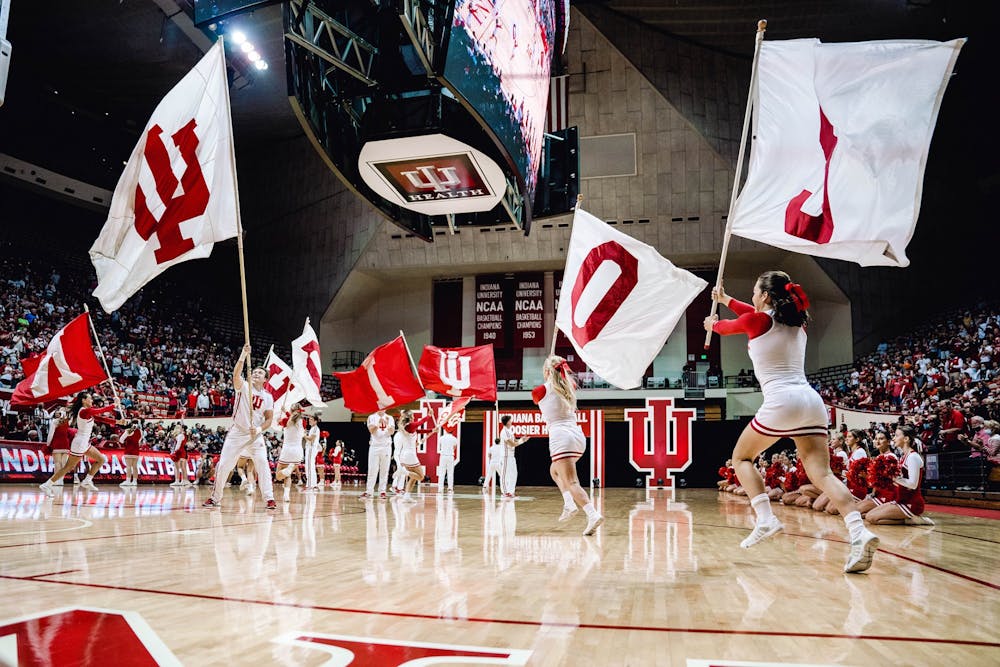On June 7, Duke University men’s basketball head coach Jon Scheyer did something nearly unheard of in the world of college sports: he announced the hire of a general manager for the program.
Rachel Baker, a former Nike, NBA and WNBA marketing executive, is slated to help players “enhance their personal and professional skill sets, capitalize on strategic partnerships, including NIL opportunities and work to support players in navigating the opportunities and challenges that come with being a student-athlete at the highest level,” according to a release from Duke.
Outside of a handful of college football programs that have offered long-standing general manager positions to handle recruiting, such as the University of Mississippi and Louisiana State University, Baker’s unique job role is the first of its kind in college sports. With the addition of a general manager to the program, Scheyer and the Blue Devils took the first step into a new era, embracing the newfound professional side of college athletics.
Beyond being a groundbreaking move for college athletics, why was Baker’s hire so important? Simply put, the current state of the recruiting process does not fall into a head coach’s job description. Even for the assistant coaches that handle most of the scouting, the money talk that is now necessary might stem beyond their academic pedigree.
It can be easy to disappoint and miss out on top recruits if NIL opportunities are not communicated properly. A general manager who can handle all of the name, image and likeness affairs between athletes and outsiders will take a lot of pressure off the coaching staff.
Let’s back up, though. Why was Baker the right person for this position?
Take a look at her working background. She was a strategic initiatives manager at Nike, working for the company’s Elite Youth Basketball League and alongside NBA All-Star Kevin Durant. Baker also worked in the NBA league office, leading rebranding initiatives for the WNBA, NBA All-Star Game and NBA Combine.
Her education includes an executive education certificate in business of entertainment, media and sport from Harvard University and a communications degree from LaSalle University, where she was a four-year lacrosse player.
Baker is clearly qualified to navigate the ups and downs of marketing and partnerships in college sports, and Scheyer is almost definitely not the only coach that will make these business-oriented adjustments to his or her athletic program. The general manager position is one of many additions in the recent NIL era that is likely to catch on and might even become a necessity at some point.
Take the Hoosiers for example. Men’s basketball head coach Mike Woodson has been clear about where he thinks NIL stands when it comes to playing college sports, stating multiple times that it should not be a priority over academics when choosing a school.
Still, the Hoosiers have provided their athletes with many opportunities to capitalize on their NIL. Basketball seniors Trayce Jackson-Davis and Race Thompson signed deals with the Hoosiers For Good charity as recently as June 15.
Earlier this month, Indiana announced an initiative in partnership with NIL Store to help athletes market and sell personalized apparel. Although Indiana is only the second school to hop on this train after Illinois, the NIL merchandising initiative is likely to continue to expand throughout the Big Ten Conference as business between athletes and outside companies becomes increasingly normalized.
While Duke basketball has always been one of the most progressive and cutting-edge athletic programs in the country, even the traditions and conventions of Indiana basketball are making room for new programs and opportunities for its athletes. If the first year of the NIL era has taught us anything, it’s that the business aspect of college sports will always be an ever-developing priority.




